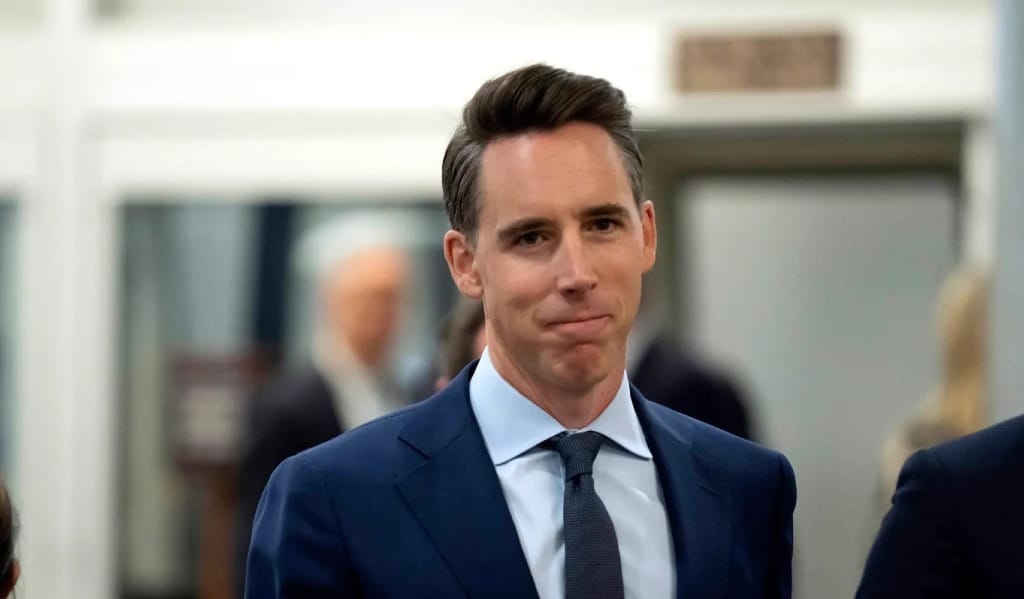Senate Bill Would Provide States with Defaulted Broadband Funds
The bill would ensure that states have the money to connect unserved addresses.
Teralyn Whipple

WASHINGTON, Aug 12, 2024 –Sen. Josh Hawley, R-Missouri, introduced a bill that would ensure that dormant federal broadband funding went to states that had been promised but did not receive high-speed Internet connections to unserved and underserved locations.
The Hawley bill, introduced Aug. 1, would require that any amount of an award that was forfeited after the default will not be deposited in the Treasury but instead made available by the Federal Communications Commission to the government of the state that was the subject of the award. This will allow the state to provide the benefits that were proposed to be provided under the award.
In the event where multiple states were the subject of the award, the FCC would be required to make money available to each state in the same proportion that would have been made available if the award had been carried out.
Furthermore, any speed requirements attached to the funds will still be upheld.
“Missourians and rural Americans across the country are losing out on internet service thanks to failed funding policies,” said Hawley in a press release. “My bill would put states in charge of their own broadband funding – not government-backed companies that overpromise and under-deliver.”
The FCC’s “current funding structure favors large companies that reap billions in federal government contracts meant to provide high-speed internet access to communities,” Hawley explained. “These companies, however, often fail to meet obligations, leaving federal funds in default and America’s rural communities without internet service.”
So far, the FCC’s Rural Digital Opportunity Fund has more than $2.8 billion in defaulted funds.








Member discussion